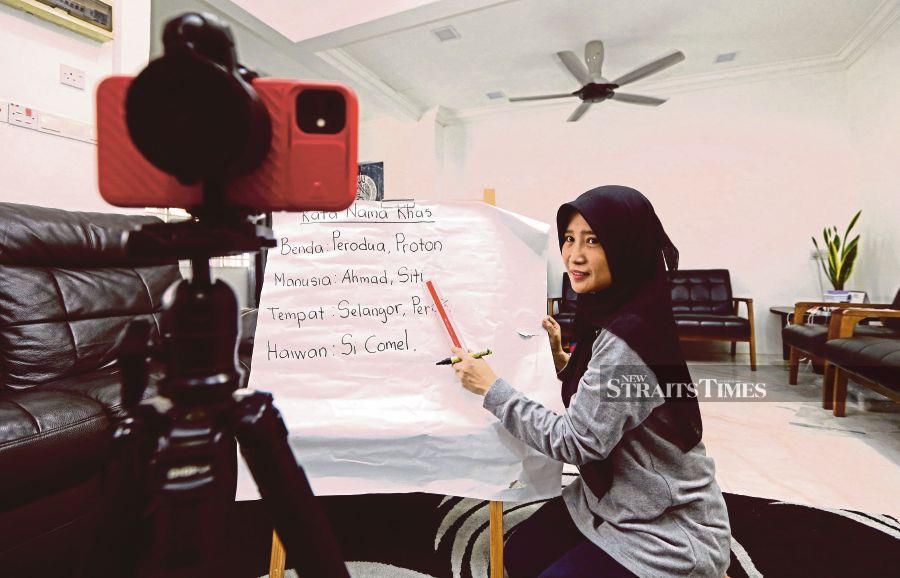WE celebrated Teachers Day recently on May 16. I would have missed it if not for the kind thoughts of three former students, who sent me their "Teachers Day" wishes on that day.
The first is now the head of a federal department in Putrajaya, the second is the chief of police in a northern state, the third is a senior law lecturer in a local university. The fact that they had done extremely well in their chosen careers has always given me a sense of satisfaction and purpose as a "teacher".
A teacher is not just that person you call a cikgu in your primary and secondary school, or your lecturer in college or university.
Whoever advises, counsels, coaches, trains and motivates you, lifts you up when you are down, comforts you when you are distressed, shows you the way when you are lost — all these people are your "teachers".
I began my working life at the age of 19 (after Form Six at the English College in Johor Baru in 1959) as a temporary teacher at the Batu Pahat High School. I then moved to the Mersing High School before returning home to teach at Muar High School.
At first, I regarded it as merely a "temporary job" whilst looking for better opportunities. However, in time, I grew to enjoy the work. In the mid-60s, after I joined the Customs Department, the "teaching job" came again.
After I had passed all the departmental examinations involving "law subjects" whilst serving in Port Klang, I was persuaded by my head of department to "teach" my fellow officers on how to prepare and pass the same examinations.
I was at first reluctant to accept the assignment because many of those officers (who had failed their examinations in the past) were my superiors.
Fast forward to mid-70s, after I had joined the Attorney-General's Chambers in Jalan Raja, Kuala Lumpur, the "teaching job" came again, this time from both the attorney-general (the late Tan Sri Abdul Kadir Yusof) and the solicitor-general (the late Tun Salleh Abas).
The former used to ask me to represent him to talk on the Federal Constitution, whilst the latter used to ask me to lecture to civil servants attending courses at the National Institute of Public Administration or Intan (then located in Jalan Ilmu near Universiti Malaya).
Looking back, it was the best moments in my life, where I fully appreciated the joy of teaching working adults and senior people heading their own departments.
Later, after I entered the private sector, I continued to be involved in law seminars, workshops and conferences.
Finally, in 1984, a friend persuaded me to join him as a law lecturer in a local university, where I stayed until 1989.
One aspect of being a teacher is that you become "visible".
If you teach in schools or colleges, you become visible to your students and their parents. They know and measure your good qualities and bad qualities.
If you speak in public (at conferences, workshops, etc.) you become visible not only to your audience, but also to the public at large. If you are regarded as an "authority" on the subject you spoke to them, you may even have an influence in their decision-making.
It was American historian Henry Adams who said: "A teacher affects eternity: he can never tell when his influence stops".
There is one extremely important aspect of teaching I discovered a long time ago. If you want to continue to be an effective "teacher" (in other words, an adviser, consultant, trainer, etc.), you must continue to upgrade and improve your knowledge and skills.
That famous saying, "If you want to learn, teach" is absolutely true. At 80, I have never stopped learning. If not for the Covid-19 pandemic, I would have not learned how to conduct courses and workshops online.
The writer was formerly a federal counsel at the Attorney-General's Chambers and a visiting professor at UTM, Skudai. He is now a full-time consultant, trainer and author.






